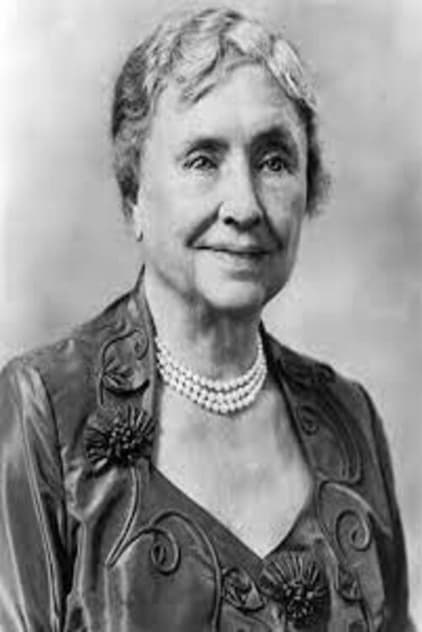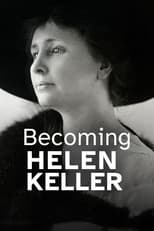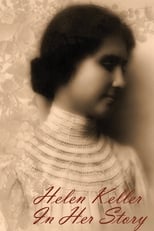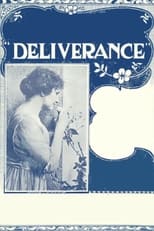

Helen Keller
Born: June 27, 1880
Died: June 1, 1968
in Tuscumbia, Alabama, USA
Died: June 1, 1968
in Tuscumbia, Alabama, USA
Helen Adams Keller (June 27, 1880 – June 1, 1968) was an American author, disability rights advocate, political activist and lecturer. Born in West Tuscumbia, Alabama, she lost her sight and her hearing after a bout of illness when she was 19 months old. She then communicated primarily using home signs until the age of seven, when she met her first teacher and life-long companion Anne Sullivan. Sullivan taught Keller language, including reading and writing. After an education at both specialist and mainstream schools, Keller attended Radcliffe College of Harvard University and became the first deafblind person in the United States to earn a Bachelor of Arts degree.
She was named one of Time magazine's 100 Most Important People of the 20th Century.
Keller worked for the American Foundation for the Blind (AFB) from 1924 until 1968. During this time, she toured the United States and traveled to 35 countries around the globe advocating for those with vision loss.
Keller was also a prolific author, writing 14 books and hundreds of speeches and essays on topics ranging from animals to Mahatma Gandhi. Keller campaigned for those with disabilities, for women's suffrage, labor rights, and world peace. In 1909, she joined the Socialist Party of America. She was a founding member of the American Civil Liberties Union.
Keller's autobiography, The Story of My Life (1903), publicized her education and life with Sullivan. It was adapted as a play by William Gibson, and this was also adapted as a film under the same title, The Miracle Worker. Her birthplace has been designated and preserved as a National Historic Landmark. Since 1954 it has been operated as a house museum and sponsors an annual "Helen Keller Day".
Keller was inducted into the Alabama Women's Hall of Fame in 1971. She was one of twelve inaugural inductees to the Alabama Writers Hall of Fame on June 8, 2015.
She was named one of Time magazine's 100 Most Important People of the 20th Century.
Keller worked for the American Foundation for the Blind (AFB) from 1924 until 1968. During this time, she toured the United States and traveled to 35 countries around the globe advocating for those with vision loss.
Keller was also a prolific author, writing 14 books and hundreds of speeches and essays on topics ranging from animals to Mahatma Gandhi. Keller campaigned for those with disabilities, for women's suffrage, labor rights, and world peace. In 1909, she joined the Socialist Party of America. She was a founding member of the American Civil Liberties Union.
Keller's autobiography, The Story of My Life (1903), publicized her education and life with Sullivan. It was adapted as a play by William Gibson, and this was also adapted as a film under the same title, The Miracle Worker. Her birthplace has been designated and preserved as a National Historic Landmark. Since 1954 it has been operated as a house museum and sponsors an annual "Helen Keller Day".
Keller was inducted into the Alabama Women's Hall of Fame in 1971. She was one of twelve inaugural inductees to the Alabama Writers Hall of Fame on June 8, 2015.
Movies for Helen Keller...

Title: Becoming Helen Keller
Character: herself (archival footage)
Released: October 19, 2021
Type: Movie
The life and legacy of Helen Keller, including how she used her celebrity to advocate for human rights and social justice for women, the poor and people with disabilities.


Title: The Unconquered
Released: June 15, 1954
Type: Movie
Narrated by actress Katharine Cornell and filmed in black and white, it spends the first 24 minutes introducing viewers, through newsreels, interviews, and old photographs, to the story of the deaf and blind disabled-rights pioneer. News footage shows her international appearances and visits with heads of state, including President Eisenhower allowing her to feel his face. The second half takes a day-in-the-(exceptional)-life approach to Keller's existence circa 1955. Made just 13 years before her death, Keller's famed tutor-translator-friend Anne Sullivan had already died, leaving her live-in replacement, Polly Thomson, to share the film's focus. From the time Keller takes her morning walk along the 1,000-foot handrail around her yard through her workday to her nightly reading of her Braille Bible, her serene acceptance of her life will amaze and inspire. Preserved by the Academy Film Archive in 2006.


Title: Deliverance
Character: Herself (Act 3)
Released: August 18, 1919
Type: Movie
The story of Helen Keller and how she overcame her disabilities.
